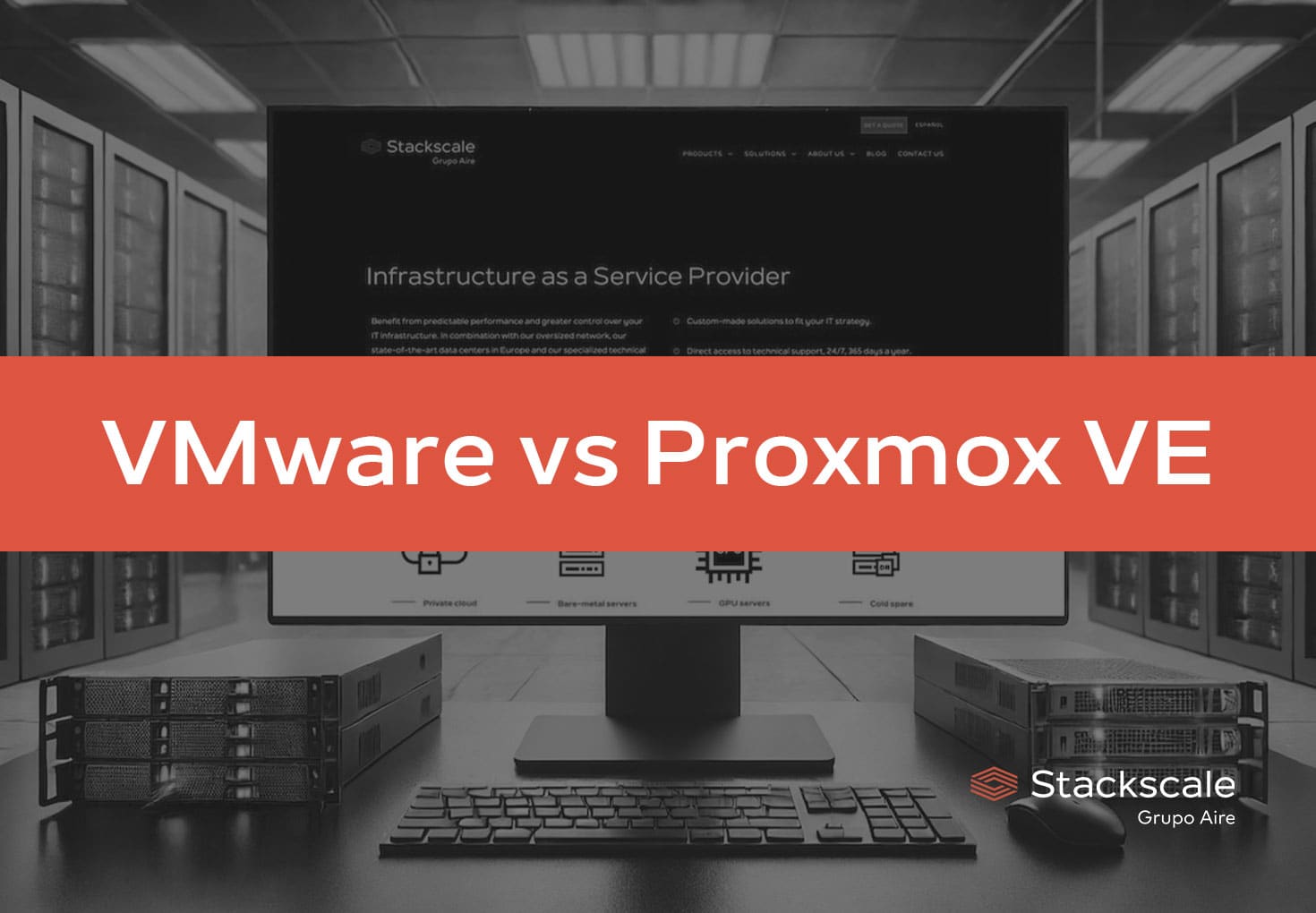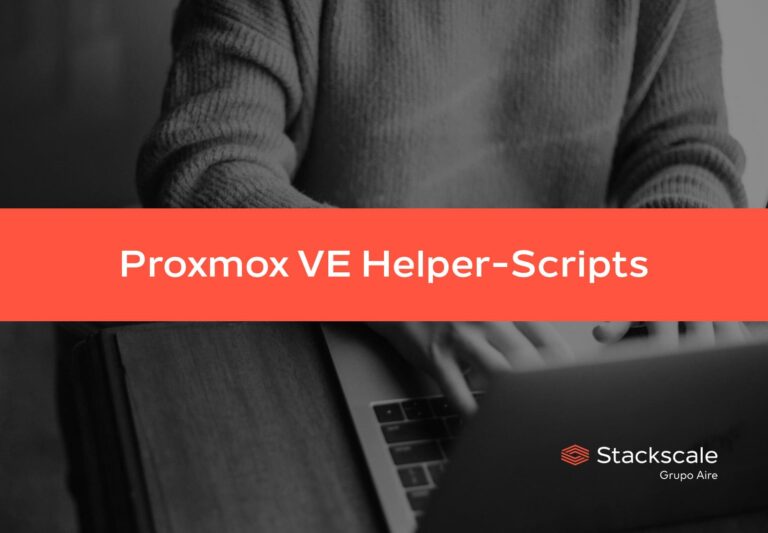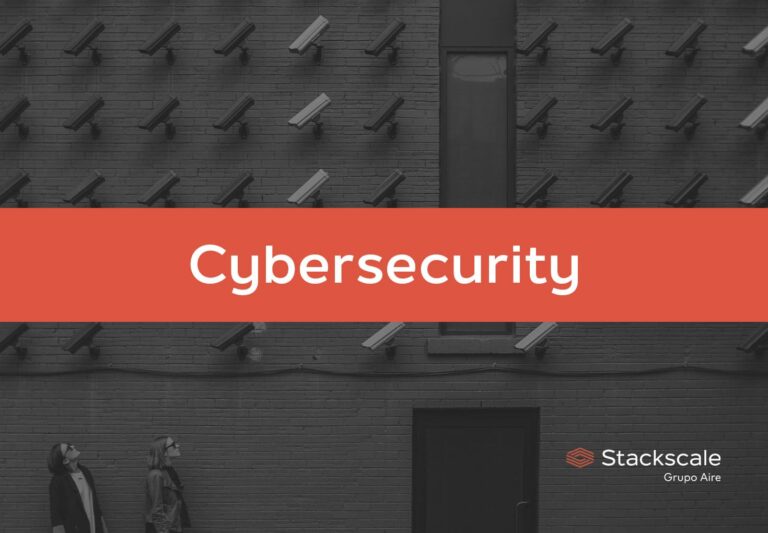In modern IT infrastructure, virtualization is essential to reduce costs, improve security, and facilitate management. In this article, we compare two of the leading virtualization platforms: VMware, the market leader, and Proxmox VE, an open-source solution that has gained much popularity in recent years.
Table of contents
VMware vSphere and VMware ESXi
VMware offers two key products: vSphere and ESXi. VMware vSphere is a comprehensive virtualization platform that transforms data centers into aggregated computing infrastructures. vSphere manages these resources as a unified operating environment and provides tools for data center management. The main components are ESXi, the hypervisor, and vCenter Server, the management platform.
VMware ESXi, a Type 1 hypervisor, used to be free, but following VMware’s acquisition by Broadcom in November 2023, the free version of ESXi is no longer available. It is now part of VMware’s commercial offerings, fully integrating with VMware’s management tools and supporting advanced features and clustering.
Proxmox Virtual Environment (VE)
Proxmox VE is an open-source server virtualization management platform that integrates the KVM hypervisor, Linux Containers (LXC), software-defined storage (CEPH), and networking functionality on a single platform. Proxmox VE is managed through an intuitive web interface, allowing the administration of virtual machines, containers, high-availability clusters, and integrated disaster recovery tools.
Proxmox also offers a backup server for backing up and restoring virtual machines and containers, supporting incremental backups, deduplication, standard compression, and authenticated encryption. This solution is free with community support, although paid support is also offered.
Feature comparison: VMware vSphere vs Proxmox VE
This comparative table highlights the main differences and similarities between VMware vSphere and Proxmox VE, helping users determine which virtualization platform best fits their specific needs. At Stackscale, we can help you select the optimal solution for each project.
| Feature | Proxmox VE | VMware vSphere |
|---|---|---|
| Hypervisor | KVM for VMs and LXC for containers | ESXi |
| Management Interface | Web Interface | vCenter Server |
| Storage Options | LVM, ZFS, NFS, iSCSI, Ceph, Gluster FS | VMFS, NFS, iSCSI, FC, NVMe-oF, VMware vSAN |
| High Availability | Supported | Supported, with advanced features like DRS |
| Fault Tolerance | Not supported | Supported |
| Backup and Data Protection | Integrated backup utility: Proxmox VBS | Third-party tools, vSphere Data Protection |
| Container Support | Native support for Linux containers (LXC) | Container support via vSphere Integrated Containers (VIC) |
| Scalability | Minimum HA Cluster size: 3 nodes | Minimum HA Cluster size: 2 nodes |
| “Best practices” minimum size: 5 nodes | “Best practices” minimum size: 3 nodes | |
| Licensing Model | Open-source, with paid support subscription | Proprietary, subscription-based |
Storage component comparison: VMware vSphere vs Proxmox VE
This table provides an overview of the storage capabilities of Proxmox VE and VMware vSphere, allowing for an easy comparison of features and functionalities for software-defined storage management. At Stackscale, we also advocate for network storage solutions that eliminate node dependency for your data in case of failure, making the replacement of computing much faster.
| Feature | Proxmox VE | VMware vSphere | Network Storage |
|---|---|---|---|
| Software-Defined Storage (SDS) | Ceph | VMware vSAN | NetApp Systems |
| File Systems | ZFS, CephFS, POSIX file systems | VMFS | WAFL (Write Anywhere File Layout) |
| Storage Protocols | iSCSI, FC, NVMe-oF, NFS | iSCSI, FC, NVMe-oF, NFS | NFS, iSCSI |
| Backups and Geo-replication | Not by default | Not by default | Included with geo-replication in other data centers |
| Synchronous replication between data centers | N/A | N/A | Yes, available |
| Snapshots and Cloning | Supported with ZFS | Supported | Supported |
| Storage Migration | Supported | Supported | Supported |
| Storage Scalability | Scales by adding disks or nodes. Flexibility depends on Ceph configuration | Scales by adding disks or nodes | Yes |
| Performance Optimization | Caching, cache tiering | Advanced storage performance features with DRS, Storage I/O Control | Available Premium, Hybrid Plus, Hybrid, and Archive solutions |
| Deduplication and Compression | Supported | Supported | Supported |
| SDS Licensing | Open-source, with optional commercial support | Proprietary, subscription-based | Included in Stackscale service |
Use cases for VMware and Proxmox VE
The platforms have much in common and offer an excellent virtualization experience. The reality is that both solutions can support the same use cases, and the final decision will depend on the project details and the decisions of the technical teams. Here are some examples of use cases for both solutions, but all use cases are possible with both hypervisors. Contact us at Stackscale for advice on the best solution.
Proxmox VE use cases
- Small and Medium-Sized Businesses (SMBs): Due to its cost-effectiveness and open-source nature, Proxmox is ideal for SMBs that require a robust virtualization solution without significant investment.
- Educational Institutions and NGOs: Organizations with limited budgets find Proxmox appealing because it offers a comprehensive set of features at a lower cost.
- DevOps and Containers: Proxmox provides strong support for containerized applications using LXC, making it suitable for DevOps environments where containerization is a priority.
- Organizations Preferring Open Source: Companies that prefer open-source solutions for customization, transparency, or to avoid vendor lock-in.
VMware vSphere use cases
- Large Enterprises and Data Centers: VMware vSphere is a standard in many large enterprises and data centers due to its scalability, robustness, and extensive feature set.
- Mission-Critical Applications: Organizations running applications that require advanced fault tolerance and seamless disaster recovery.
- Organizations with Windows Guest VMs: VMware’s ESXi hypervisor is known for its excellent performance and integration with Windows-based systems, making it a preferred choice in Windows-dominant environments.
- Complex, Multi-Site Environments: vSphere’s advanced networking, storage capabilities, and extensive third-party integrations make it suitable for complex, geographically dispersed infrastructure.
- Businesses Requiring Advanced Resource Management: Enterprises needing sophisticated resource scheduling, balancing, and optimization.
- Cloud Integration: VMware’s strong cloud integration features, including support for hybrid cloud environments, make it ideal for organizations pursuing a cloud-first strategy.
Which solution to choose?
There is no single ideal platform among VMware vSphere, Proxmox VE, and other virtualization solutions. Choosing the right platform depends on your organization’s specific needs and requirements. Each platform offers enterprise-grade features and can be tailored to different use cases.
VMware vSphere is often chosen for large-scale, complex deployments due to its robust feature set and extensive support. It is ideal for organizations that require high performance, advanced management tools, and scalability.
Proxmox VE is favored for smaller, budget-conscious environments. It provides a comprehensive set of features and is open-source, making it an attractive option for organizations that need powerful virtualization capabilities without the associated costs of commercial solutions.
- Dutch version: Proxmox vs VMware: Vergelijking van virtualisatieplatforms
- Spanish version: Proxmox vs VMware: Comparativa de plataformas de virtualización
- French version: Proxmox vs VMware : Comparaison des plateformes de virtualisation
- German version: Proxmox vs VMware: Vergleich der Virtualisierungsplattformen
Looking for a cloud solution adapted to your business?
Tell us about your project and we will help you find a solution that adapts to your needs.





